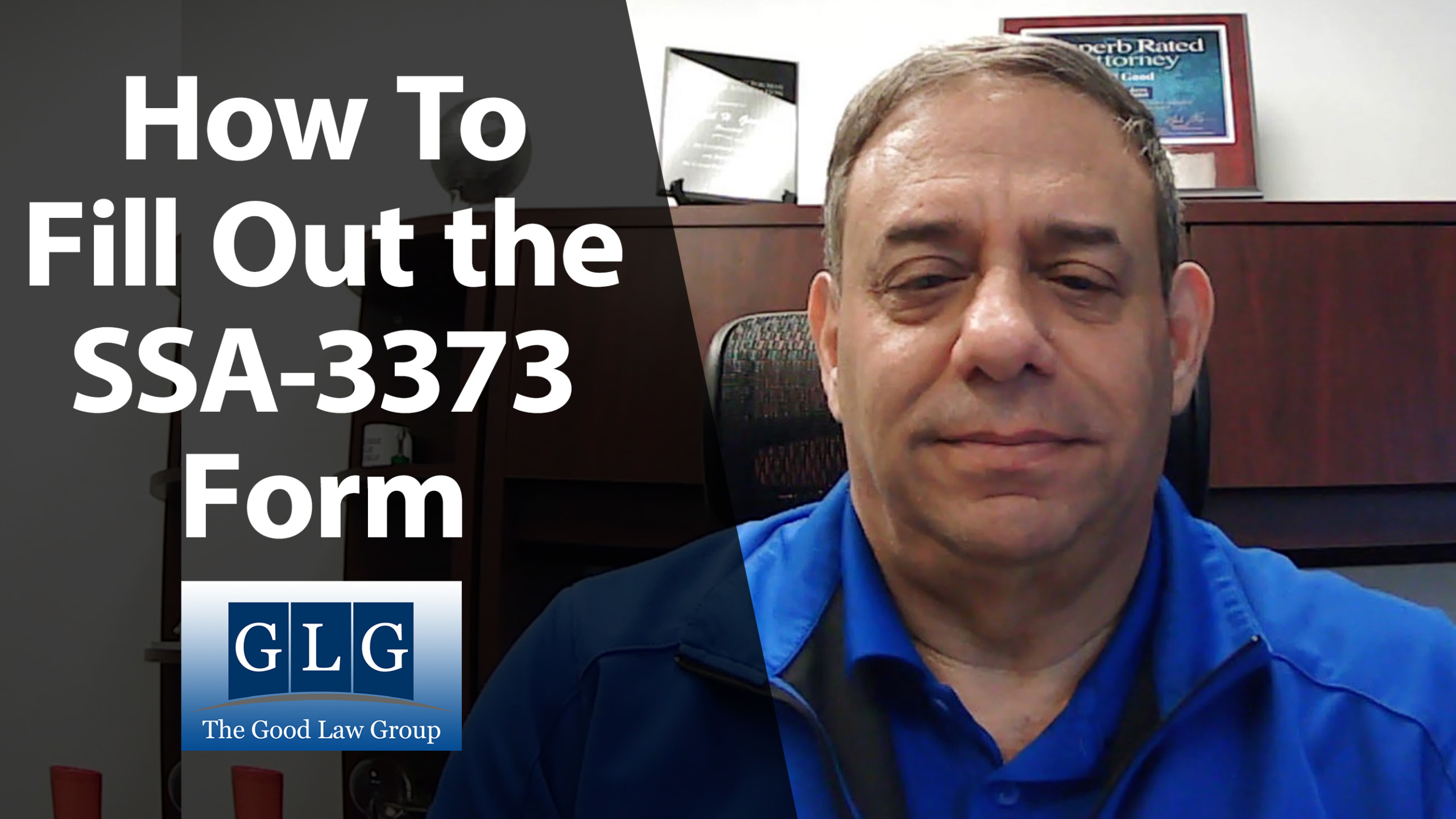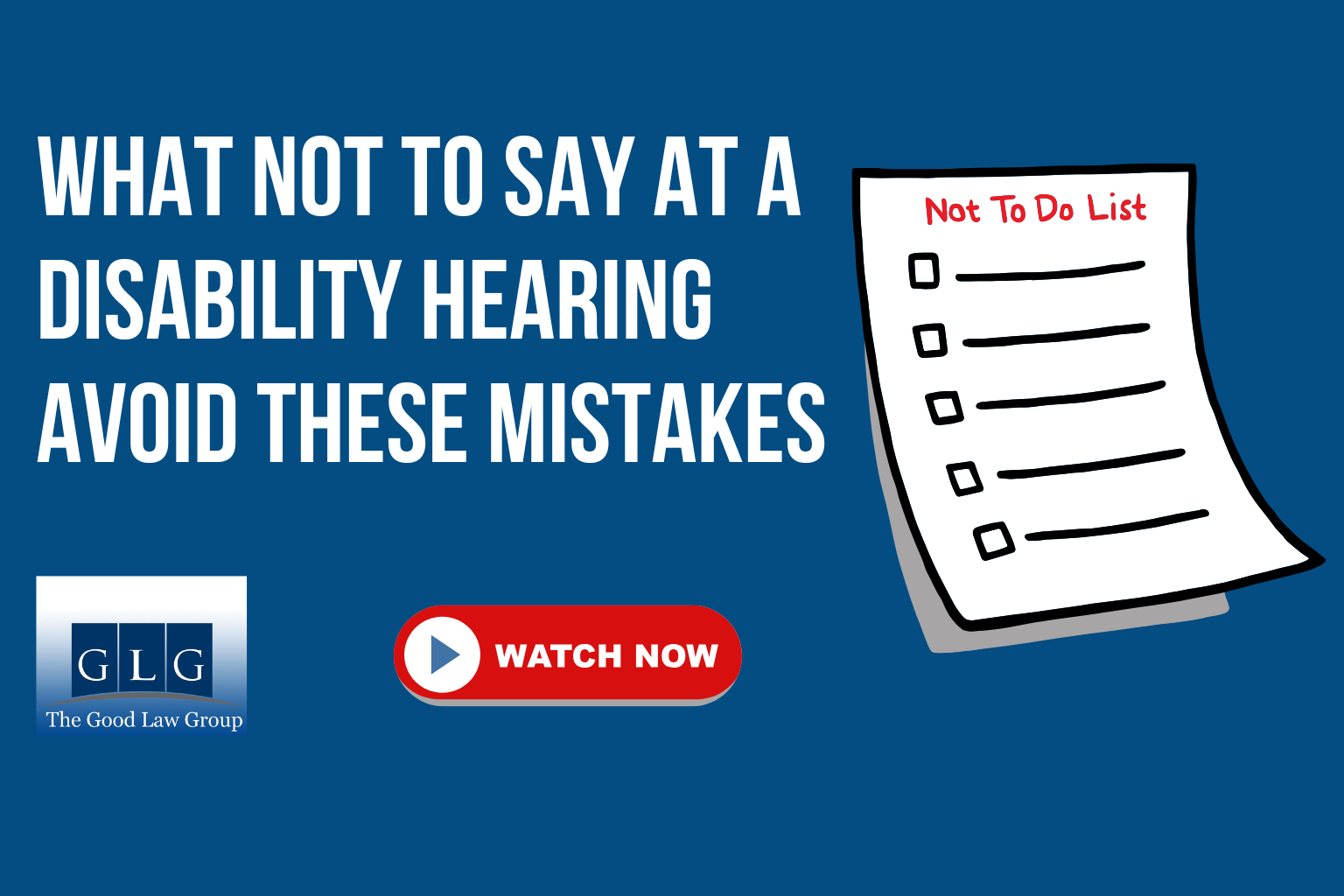Our nation’s veterans bravely put their lives on the line to protect this country, and often the effects of their military service can be significant and last long after their service. Veterans who either return from service with a disability or develop a disability later in life face a number of health, social, and financial issues. However, these veterans may not be aware that they are eligible for a number of benefits as a result of their service.
Veterans can receive both veterans’ disability and SSD benefits
Disabled veterans are eligible to receive veterans’ disability benefits through the Department of Veterans Affairs, as well as Social Security disability benefits through the Social Security Administration (SSA). These benefits are separate and distinct, and require different applications. What is most important for disabled veterans to note, however, is that they can apply for and receive both of these types of these benefits at the same time.
Differences Between VA Benefits and SSD Benefits – watch our video

Some veterans can have their SSD applications expedited
Not only can disabled veterans receive both VA and SSD benefits, but some veterans are able to have their SSD applications expedited. A special expedited process is used for veterans with service related disabilities. This expedited process is used for service members who become disabled while on active military duty on or after October 1, 2001.
Keep in mind that it does not matter where the disability occurred for the active duty expedited process. Whether the disability occurred overseas or on U.S. soil, all that matters for this expedited process is that the applicant became disabled while on active duty.
Additionally, service members who have been given 100% permanent and total disability ratings are also entitled to expedited processing of their SSD applications.
Medical records and the VA
When beginning the SSD application process, veterans may think that because their main source of treatment is a VA medical center that the SSA will be able to easily obtain their medical records. Unfortunately, the VA does not have a great track record of supplying needed records to the SSA.
As a result, it is a good idea for veterans to try to obtain copies of their own medical records so that they can personally submit them to the SSA when needed. Keep in mind, however, that one should never submit any medical record to the SSA without making a copy first as the SSA can also easily lose important documents.
Military pay does not affect SSD eligibility
Being on active duty and receiving military pay does not necessarily prevent eligibility or payment of SSD benefits to service members. In fact, the SSA specifically encourages service members that their receipt of military payments should not discourage them from applying for SSD benefits.
SSD applicants that are receiving treatment at a military medical facility and are either working in a designated therapy program or are able to remain on limited duty will be treated like any other SSD applicant. The SSA will evaluate these service members’ work activity and determine their eligibility for SSD benefits.
If you are a veteran and you are going to be applying for SSD benefits, consider the Law Office of Neil H. Good. You can contact us online for a free case evaluation or call #(847) 577-4476.









